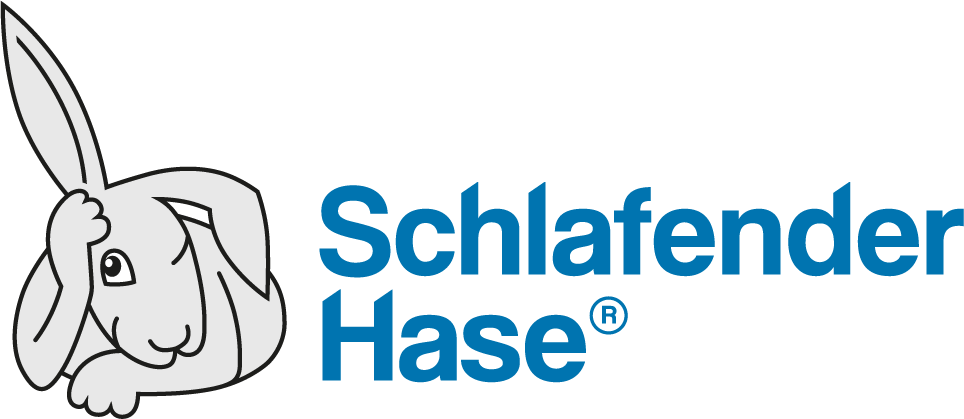by: Katarina Kresankova
The year ends, even a year as difficult as 2020. At the end you look back, you look ahead. In comparison, making a Christmas list is easy. Making a list of New Year’s resolutions is not so easy. To be more exact: it is easy to make resolutions, it is not so easy to keep them. At the beginning of 2020 I started at Schlafender Hase. My job: sell TVT, the company’s automated proofreading software. I am now at the end of my first year. Before making any resolutions for the year in front of me I decided to first take a look at the 12 months behind me. What did I do right? What will I do differently in the year ahead? Where did I make a difference in the year past? And for whom? I want to share some of my thoughts.
***
It should be easy to sell a product whose name says what it does. And TVT does what the name says: It even does so very well: TVT verifies text. I roughly translated verify to mean: make sure it’s right. What could be clearer or simpler than that? Almost everything.
Of course, I knew what a text was before I came to Schlafender Hase. And I knew by experience what a mistake meant in a text. I had studied to be a professional translator. I already knew how painful it was to make a mistake in a text. Small mistakes can be simply embarrassing, but other mistakes change the meaning of the text. When a mistake changes the meaning of a text, the loss in translation could be great. When you make a mistake that changes the meaning, you have not created a new text – you have destroyed the original text. So the value of a correct text was nothing new to me. Neither were some of the hurdles that stood between the text to be translated and the mistake-free finished translation.
So did what I knew help me? What quickly became clear: it wasn’t about helping me, it was about helping the other person, about the person I called, sometimes cold-called. At first it wasn’t clear to me that a cold-caller is a type of translator. Invariably the cold-caller and the person cold-called literally speak different languages. It wasn’t the difference between, for example, German and English. It was the difference between the language of solution and the language of need and problem. In order to correctly translate my solution into a potential customer’s problem, I, the caller, had to become a listener. If I did not succeed in becoming a listener the cold call was cold indeed, and usually very short.
If I did not succeed in understanding the customer’s problem, I could not expect the customer to understand my solution. And I didn’t want anybody to buy something they did not understand. My customers taught me I have to sell my understanding of their problems before I can expect them to consider buying TVT as their solution. I had to realize that I never really sell my solution to their problems, I can only succeed if I sell them their solution to their problems. Only the heat of genuine understanding has the chance to turn a cold call into a hot lead. There is only one foolproof way to understand what the customer needs: Listen! The heart of a good salesperson is in her ear.
***
What did I hear? There was one sentence that I heard again and again: “I can’t go back to manual proofreading!” This sentence translated into: I used to proofread manually, it used to take an hour to proofread just a couple of pages, and even then, I had the feeling that I might have missed something. I knew the feeling. I could identify with the customer and that helped me identify the problem.
A customer who didn’t want to go back to manual proofreading was telling me two things.
First thing: how stressful, inefficient – ultimately how dangerous it was to do manual proofreading. Imagine a patient losing her or his life because of a mistake in, for example, dosage strength.
Second thing: the customer was telling me that she knew there was a better way, that automated proofreading like TVT was not just easier, more efficient and safer. It was also less stressful. This customer had changed jobs and moved from a company where she had used TVT to a new company that was still doing things the old way. The message was clear. In the clarity there was a personal element, something emotional: “I miss TVT.”
I did not have to sell TVT to this customer. I had to help this customer sell TVT to her new manager. All of a sudden, we became partners trying to sell the same thing for the same reason. Her success was my success.
***
Looking back, I learned a lot when I heard the customer say, she missed TVT. Can you develop an emotional attachment to software? Probably not. But the emotional part of what the customer said told me that it was not just about business. It was about a special person in a special business who was committed to doing what she did right. Completely right. There was a type of personal pride and professional commitment that made me aware that what I was selling meant more than just a software solution. Unicodes are anonymous. The person using TVT to compare them was not. That made a difference to me. And I like to think I made a difference for her.
Looking ahead to my list of New Year’s resolutions, I see my job differently because of what I learned by listening to my customers. I learned to trust their needs. And I feel a lot of satisfaction when I feel they trust me and our solution.





